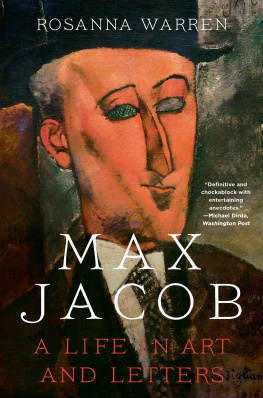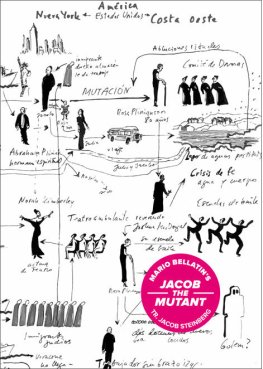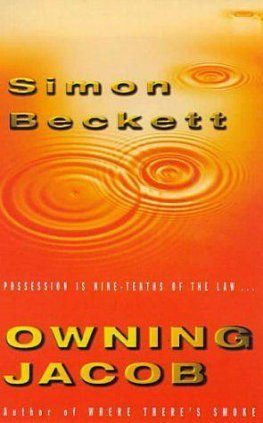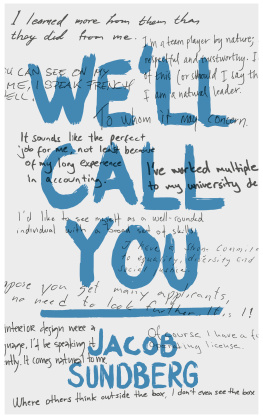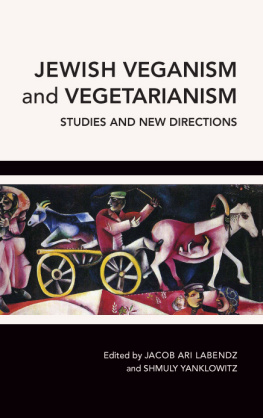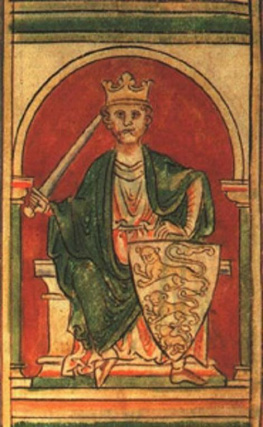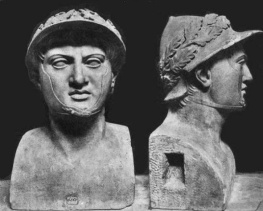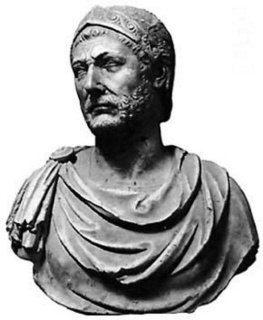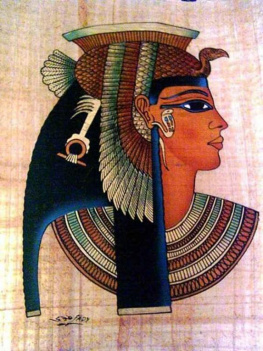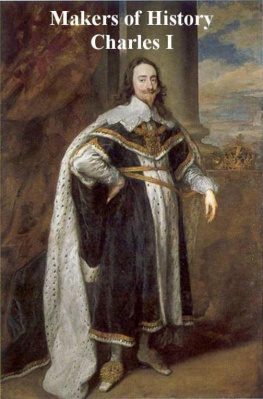Contents
Guide

Further praise for Max Jacob
Rosanna Warrens eloquent chronicle of the life and times of painter-poet Max Jacob brilliantly revives the lost new world of Modernisms beginnings, and takes in the full landscape of her subjects mercurial, magnanimous soul. Warrens Jacob is a man of astonishingly reconciled contradictionsJew and Catholic, provincial and cosmopolitan, lover and loner, harlequin and bardwho boldly practiced and preached an art of controlled discontinuity through two world wars and made an art of sacred ritual until his tragic last days.
Megan Marshall, Pulitzer Prizewinning author of Margaret Fuller: A New American Life
Rosanna Warrens biography of Max Jacob, one of the pioneers of French Modernism, offers a penetrating and beautifully researched portrait of this complicated and troubled figurea Jew turned devout Catholic, practitioner of a loopy version of the Kabbalah, and, with all this, a promiscuous homosexual prone to infatuation with often dubious young men. Jacob was an intimate of Picasso, Apollinaire, and other Modernists in painting and literature, and the book conveys a vivid and detailed sense of the Modernist movement in its heyday in the early twentieth century. This is a major achievement.
Robert Alter, author of The Hebrew Bible
There are run-of-the-mill biographies not very different from gossip columns and there are great biographies, which we put on the shelf next to books by eminent historians. So is this volumea fascinating history of French and European Modernism with Max Jacob, Jew and Catholic, poet, painter, and friend of the most famous artists, as the central figure. We are confronted here with the noble hubris of Modernism as it collides with the despicable crimes of the last century. The tragic ending of Max Jacobs life will stay with us for a long time, will make us wonder once again: how was it possible. Rosanna Warren tells us how many years, how many decades she needed to write this major book, so rich in detail, so intelligent. We, the grateful readers, can only sayit was worth it!
Adam Zagajewski, author of Asymmetry
The friends of Max Jacob were, as he said, his native land. What friends they weremain inventors not just of bohemia, but of the twentieth century imagination! In Rosanna Warren, Jacob has another astonishing friendhis preternaturally meticulous, eloquent biographer. Warren honors Jacob with a fiercely truthful account, reckoning with his eccentric genius as well as with his fautes , his sins. Her empathetic tenderness, combined with tough-minded analysis, quickens Jacobs art, his tragedy, and the convoluted depth of his faith. Warren elevates his stature, his greatness. Max Jacob is passionately alive in this book, and its reader, too, will inevitably discover him as a complex but treasured friend, a compatriot.
James Carroll, author of The Cloister
This is a gripping biography of Max Jacob, the now largely forgotten French poet and painter whose prose poems once influenced poets all over the world. It brings to life Paris in the years when it was the capital of the avant-garde in literature and modern art and where its practitioners all knew each other. Both as a story of one remarkable man and a portrait of an epoch, it is brilliant and immensely entertaining.
Charles Simic, author of The Lunatic
ALSO BY ROSANNA WARREN
POETRY
So Forth
De notre vivant, Selected Poems in French, translated by Aude Pivin
Earthworks: Selected Poems
Ghost in a Red Hat
Departure
Stained Glass
Each Leaf Shines Separate
Snow Day
CRITICISM
Fables of the Self
TRANSLATION
Suppliant Women (Euripides), with Stephen Scully
AS EDITOR
The Art of Translation: Voices from the Field
Poetic Diaries 1971 and 1972 by Eugenio Montale, translated by William Arrowsmith
Poetic Notebook 19741977 by Eugenio Montale, translated by William Arrowsmith
The Collected Poems of Eugenio Montale: 19251977 , translated by William Arrowsmith
Cuttlefish Bones by Eugenio Montale, translated by William Arrowsmith
Satura by Eugenio Montale, translated by William Arrowsmith
Max
Jacob
A
LIFE IN
ART AND
LETTERS
ROSANNA WARREN

Copyright 2020 by Rosanna Warren
All rights reserved
Printed in the United States of America
First Edition
For information about permission to reproduce selections from this book, write to
Permissions, W. W. Norton & Company, Inc., 500 Fifth Avenue, New York, NY 10110
For information about special discounts for bulk purchases, please contact
W. W. Norton Special Sales at specialsales@wwnorton.com or 800-233-4830
Book design by Chris Welch Design
Production manager: Julia Druskin
The Library of Congress has cataloged the printed edition as follows:
Names: Warren, Rosanna, author.
Title: Max Jacob : a life in art and letters / Rosanna Warren.
Description: First edition. | New York, N.Y. : W. W. Norton & Company, [2020] | Includes bibliographical references and index.
Identifiers: LCCN 2020017722 | ISBN 9780393078855 (hardcover) | ISBN 9780393247374 (epub)
Subjects: LCSH: Jacob, Max, 18761944. | Poets, French20th centuryBiography. | Cubism and literatureFrance. | French poetryJewish authors.
Classification: LCC PQ2619.A17 Z94 2020 | DDC 841/.912 [B]dc23
LC record available at https://lccn.loc.gov/2020017722
W. W. Norton & Company, Inc., 500 Fifth Avenue, New York, N.Y. 10110
www.wwnorton.com
W. W. Norton & Company Ltd., 15 Carlisle Street, London W1D 3BS
1 2 3 4 5 6 7 8 9 0
For Katherine and Chiara
CONTENTS
How did the story of Max Jacobs life become the story of my life? I have often asked myself. I didnt mean to write this book. To my French friends, I call it une biographie involontaire . It was a case of possession.
At age twenty, still in university, I was trying to make myself into a painter. I spent that summer in Paris studying art in the New York Studio School program, in the mornings painting at their studio on the Boulevard Raspail, and in the afternoons translating and editing the studio notebooks of the painter Andr Derain. I had stumbled into this occupation. My teacher, the painter Leland Bell, was crazy about Derain and often lectured on him, but his French wasnt good, so he and Robert Stoppenbach, Derains dealer, arranged for me to work in the Bibliothque Littraire Jacques Doucet, one of the great research libraries of France, to produce an English text of Derains notes. At that time, the notes hadnt been edited or published in French, so in my innocence I sat at the massive beechwood table, poring over the painters scrawls on notebook pages stained, here and there, with turpentine. It felt like a sance. And among the papers I found notes about the poet Max Jacob, and about the woodcuts Derain had made to illustrate Jacobs collection of poems, Les Oeuvres burlesques et mystiques de Frre Matorel, mort au couvent, published in 1912 by Daniel-Henry Kahnweiler, the master dealer of Cubist art.
I had never heard of Max Jacob. The figure intrigued me. He was Jewish, from Brittany. He was homosexual. He was Picassos first French friend, his initiator into French culture when the Spanish painter appeared in Paris just as he turned nineteen and hardly spoke French. At the conglomeration of studios in Montmartre known as the Bateau Lavoir, as Picasso (and Braque and Gris) reinvented painting, Jacob helped to reinvent poetry, and with his compressed, hard-edged ironic prose poems and synapse-skipping verse lyrics, he showed Apollinaire and many others the way out of the Symbolist haze. He lived in poverty, hand to mouth, reading palms, preparing horoscopes, and selling his gouaches. In 1909 he saw a vision of Christ on the wall of his shabby room in Montmartre; in 1915 he converted formally to Roman Catholicism with Picasso as his godfather. In 1921 he withdrew to live as a lay associate of the Romanesque Benedictine monastery of Saint-Benot-sur-Loire near Orlans, and stayed there until 1928, when he hurled himself back into worldly life in the capital. He was famous, friends with Cocteau, Coco Chanel, Prince and Princesse Ghika, and a gaggle of aristocrats. In 1936 he retreated once again to Saint-Benot, and it was there that the Gestapo arrested him on February 24, 1944. He died of pneumonia on March 5 in the concentration-transit camp of Drancy outside Paris, thereby being spared transport to Auschwitz, where his brother and sister had already perished.

